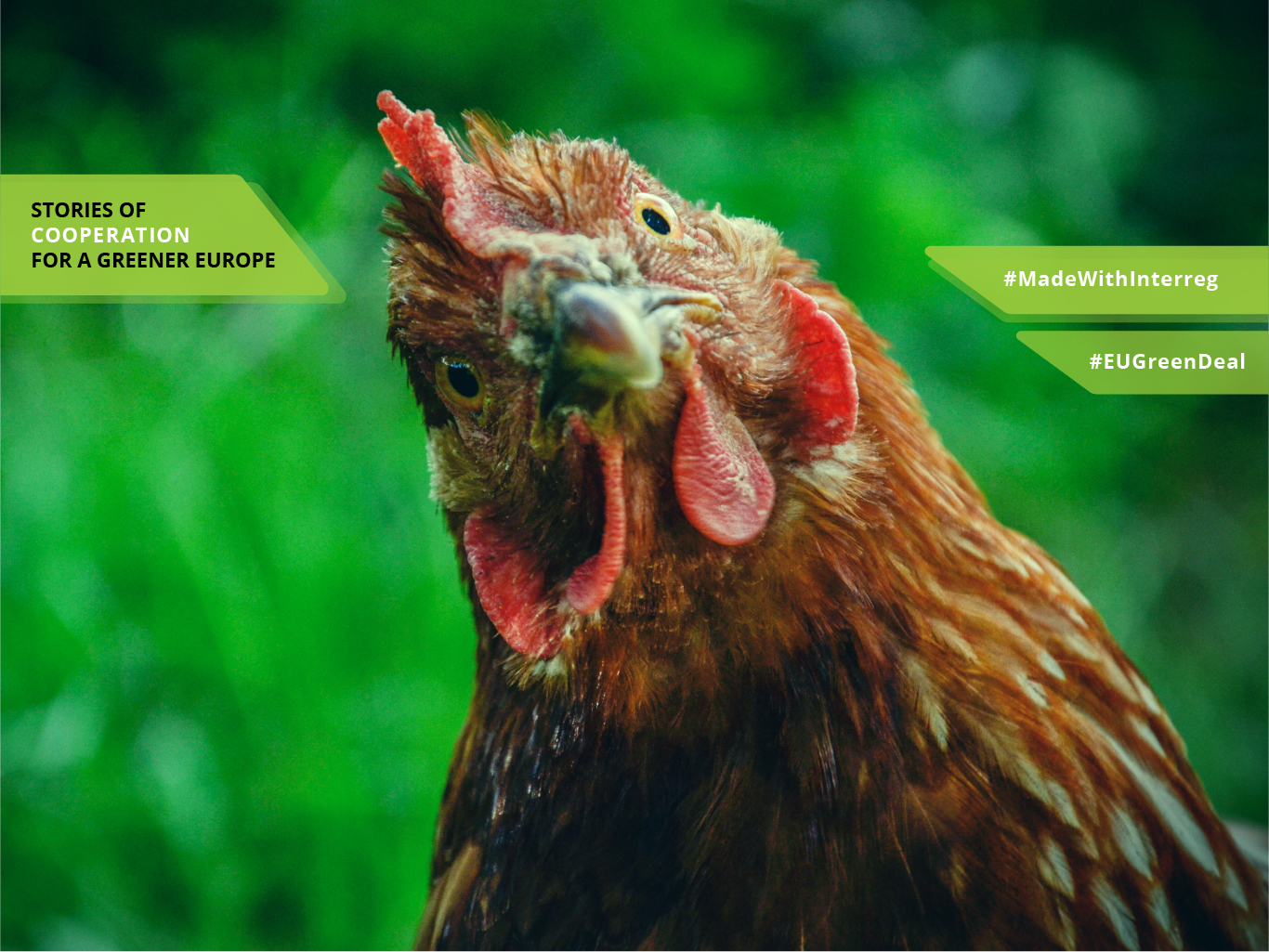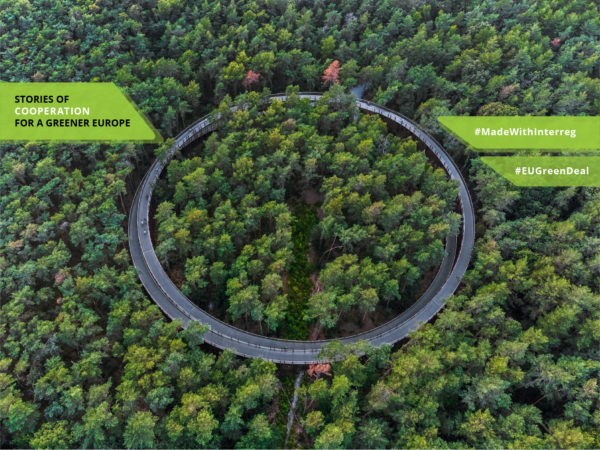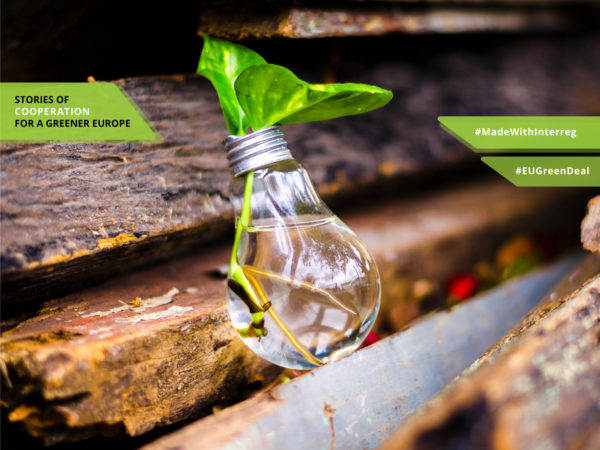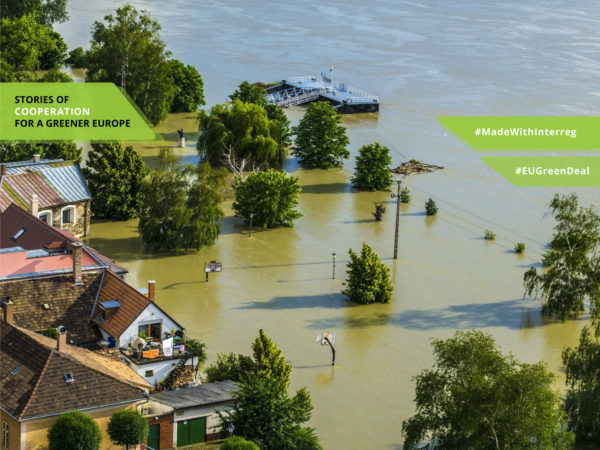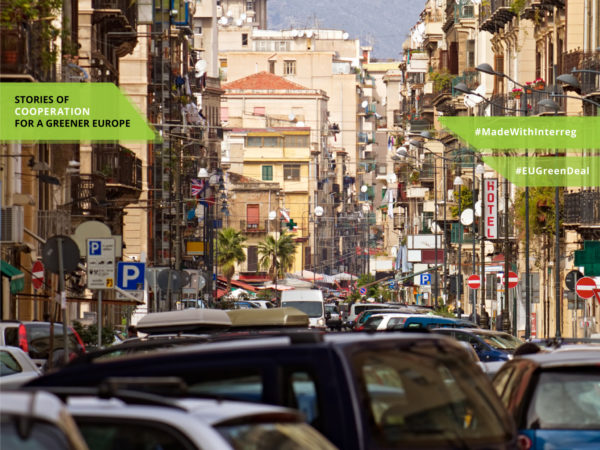Thinking circular: when waste becomes raw material
Innovations in avoiding waste and preserving natural resources are bringing circular economy to another level. How can we support those innovative approaches?
What do a brewery, a data centre and a chicken farm have in common? They belong to the same value chain! An unusual combination, don’t you think?
Well, that’s innovation. And exactly this kind of out-of-the-box-thinking is necessary to create innovative concepts for a circular economy. This is a pillar of the Green Deal, which calls for rethinking wastes as raw materials for new production cycles.
Sometimes, this requires unusual ideas and lateral thinking. Interreg programmes like the Interreg Alpine Space programme and the Interreg Northern Periphery and Artic Programme support projects, which generate processes like this.
But how are the brewery, the data centre and the chicken farm related to that?
The project SYMBIOMA, funded by the Interreg Northern Periphery and Arctic Programme, is providing technological solutions and innovative value chains for the valorisation of wastes from the food industry. In Sweden, an exceptional way was found to use the by-product of Bottenvikens Bryggeri, a local brewery: spent grain. Spent grain is the compact waste of malt or grains, which still contains many nutrients. This wet mass suits well for a number of uses, including as a substrate to grow worms.
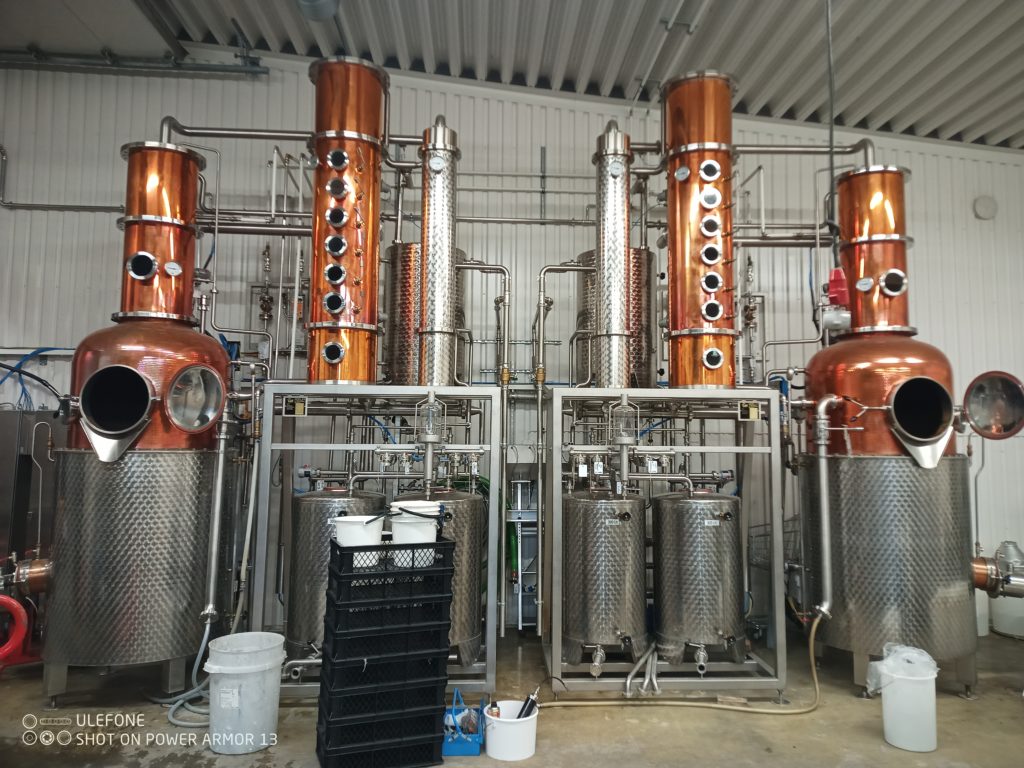
Meanwhile in Austria, apple pomace has caught the attention of the research team of the bioeconomy project AlpBioEco, supported by the Interreg Alpine Space programme, and of the business agency Business Upper Austria. Apple pomace is a leftover of juice production, which is available in large quantities and is oftentimes just disposed. With it, precious ingredients like vitamins, fibres and polyphenols are going to waste.
Both projects therefore touch a sensitive topic: wasted biomass of food and beverage industries. Since this biomass is a valuable source of nutrients, keeping it in the loop as long as possible is a crucial step towards sustainability and an ethical use of resources. By expanding the economic and technical feasibility, these valuable resources can be used longer before the nutrients are returned back to the soil. Considering the arising questions regarding the global food security, throwing away biomass of food production becomes an even more delicate issue. Thereby, biomass, which until now has been treated as waste, now gains the appreciation it deserves as a precious natural resource.
On the economic values of circularity
Moreover, circular economy principles in business create sustainable economic growth, reduce environmental impact of economic activities and assure prosperity and wellbeing for future generations. Especially SMEs may consider the opportunity to gain profit out of untouched potentials. Instead of paying money to get rid of their by-products, companies can earn an additional income by selling this material. When waste becomes a resource, the company is unlocking new business possibilities. In addition, the opportunities do not stop at borders, but increase by working together and exchanging.
With that in mind, rethinking and redesigning products and processes is an imperative to better utilise virgin raw materials, use reclaimed materials, reduce process pollution and eliminate waste in all forms – emissions to air, solid waste, wastewater and wasted energy. This is precisely the aim of the projects SYMBIOMA and AlpBioEco.
In the case of SYMBIOMA, worms are a frugal species: they only need a soil-like humid environment, some feed and… warmth. That’s where the data centre comes into play. Instead of using energy to heat the growing premises, left heat of a data centre is used to create the right conditions for worm growing. When the worms are full-grown, the substrate they leave behind is dry and can be used as a fertiliser. The worms are brought to the chicken farm: a more substantial and familiar feed to chickens instead of imported soya, for example.
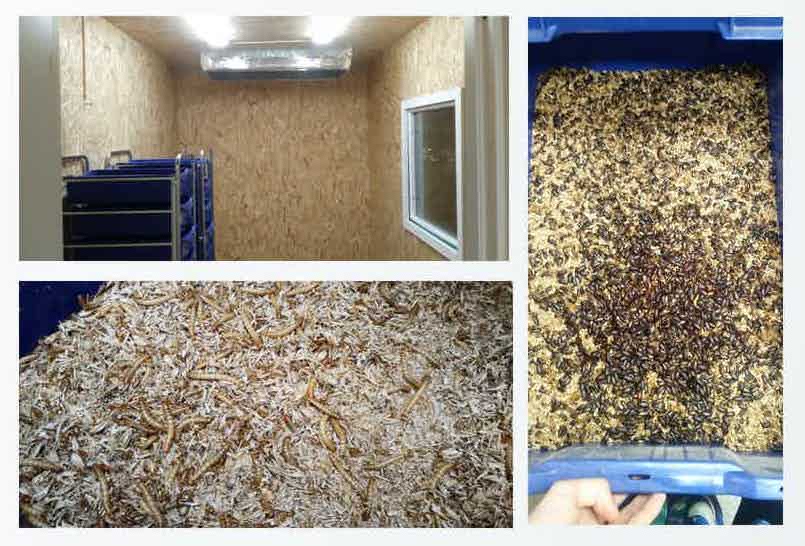
And the story doesn’t even end here. AlpBioEco found in the laboratory an interesting opportunity to not only save unused organic material, but also to avoid the use of plastic: the apple pomace, high in fibre and containing wax, can be transformed into an organic and plastic free packaging material or disposable tableware! This bio-based and biodegradable packaging is 100% made out of apple pomace.
Projects as facilitators for new business models
But why aren’t there business models like these at every corner, despite so many good reasons and incentives? The answer is simple, yet challenging to tackle: the value chains are too little connected and there are too few coherent policies as well as strategies for bio-based value chains. Besides, the uncertain success of an innovation holds back entrepreneurs to follow this capital-intensive and time-consuming path.
Therefore, solutions were developed in the mountainous heart and at the northern tip of Europe. AlpBioEco created new product ideas and developed eco-innovative business model concepts for the value chains of apples, but also walnuts and herbs. By involving many different stakeholders to revalue the bio-based “waste” materials, they created product ideas and tested the most promising business concepts during pilot tests in collaboration with local SMEs. They developed regional guidelines with recommendations for local authorities, in order to create better framework conditions for the implementation of eco-innovative business models.
A brief introduction to the apple value chain, highlighted by AlpBioEco
Small businesses, such as mine, are slowly getting involved in the projects aimed at connecting, learning about good practices and networking of companies and research institutions, and expanding the business space in the EU. In the current business world, this is becoming an upgrade to the company’s product promotion. AlpBioEco is a project that offers participating companies exactly that – it strengthens their visibility.
Jana Bergant, owner of the company Bonistra
SYMBIOMA helps creating the conditions to set up innovative value chains in the potato, fishery, and brewing industries of the Northern Periphery and Arctic area. By easing access to the knowledge and technology for nutrients extraction and new products development, SYMBIOMA assists SMEs in fully understanding the economic potential in their side streams. To make it economically feasible, SYMBIOMA facilitates the combination of wastes from different streams, thus overcoming the challenges of SMEs operating in remote and rural areas: small volumes of bio-wastes and long distances between the different agents along the value chain.
Improving on these principles enables to keep biomass in the loop as long as it is economically and technically feasible before returning nutrients back to the soil.
How we use raw materials, manufacture, consume and dispose our products and side streams today has tremendous influence on the future of our planet and of the people living on it. Beneath increasing the resource efficiency this approach also encourages economic growth, sustainability and biodiversity by using organic materials.
Let’s break new ground – and borders – together!
An interview with Dr. Egidija Rainosalo, Lead partner of SYMBIOMA
The authors
Clotilde Mahé and Miriam Stuhlmueller work as Communication Managers at the Interreg Alpine Space Programme.
Michela Gaifami works as a Communication Manager at the Interreg Northern Periphery and Arctic Programme.
This article is part of a series on how transnational cooperation contributes to the EU Green Deal. Click here to see all stories.
